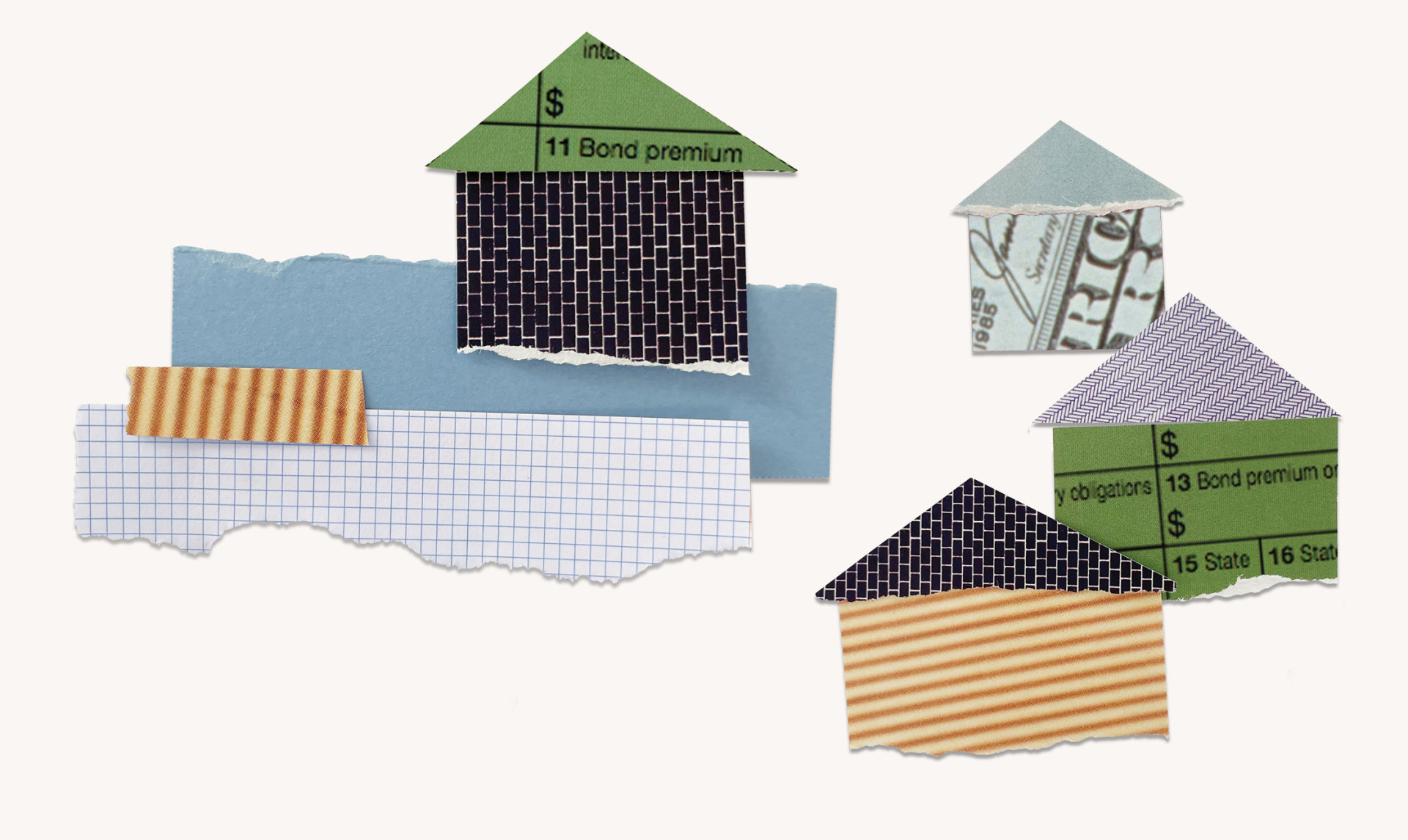Apps and other online tools have transformed the real estate industry, much as online listings and other real estate search tools have changed the real estate market. There are many powerful apps and tools that add efficiency to the way real estate investors do business.
These real estate investing apps take investors beyond the starting point of real estate listing websites like Realtor.com, Redfin, and Zillow, where investors can find both MLS (multiple listing service) and FSBO (for sale by owner) listings. (All three of those sites have hugely popular apps.)
Investors use many free or inexpensive apps to do things like find deals, source and sign documents electronically, and analyze potential purchases.
Here are some of the best real estate apps for investors.
Capitalization rate, also known as cap rate, is one of the best ways to analyze a real estate investment deal to determine if further due diligence makes sense.
Use this calculator from Mynd to evaluate properties, compare options and gauge rate of return when considering a rental property.
Using this free calculator from Mynd, an investor can get an idea of the expected returns and cash flow on a deal and see how the returns change based on financing choices, as well as what the returns look like after taxes.
AcreTrader is a farmland investing platform for accredited investors (in the U.S., those with a net worth of $1 million or with income of $200,000, or $300,000 if married). Among the upsides are that AcreTrader helps farmers by handling administration, insurance and other duties; investors can invest with self-directed IRAs; and the company does extensive due diligence.
With ArborCrowd, accredited investors can buy and sell multi-family real estate assets, usually apartment complexes. Some markets that ArborCrowd has worked in include New York and Florida. The minimum investment is typically at least $25,000.
Investors can find foreclosed and bank-owned residential properties (single family, condos, townhouses, duplexes, fourplexes, and land) for sale and review property information, photos and street maps, and conduct due diligence. Investors can bid remotely in some states. Decisions must be made quickly, and since it’s not possible to inspect the property, transparency may be an issue.
One of the most popular real estate investing communities, offering print and ebooks, blog posts, and discussion groups.
This commercial real estate investment marketplace was named the best overall real estate crowdfunding site of 2022 by Investopedia. Investors can choose properties or buy into CrowdStreet's funds. The minimum investment varies, but in most cases is at least $25,000. The company and its projects have appeared in CNN, the Wall Street Journal, and the New York Times.
This tool allows investors to compare investment properties on the go and has been featured in Forbes and BiggerPockets. Investors can run the numbers on residential and commercial real estate deals, inputting data like loan terms, purchase price, and rental income to determine cash flow and ROI.
This app promises to help real estate investors in search of off-market leads. It offers software to help with list-building, automated direct mail, driving for dollars, and skip tracing, and more.
DiversyFund lets non accredited investors buy a stake in DiversyFund's DF Growth REIT (real estate investment trust), a public, non-listed REIT. The REIT does not have a high barrier to entry: the minimum investment is just $500.
This type of real estate investment trust must register with the U.S. Securities and Exchange Commission (SEC) and is subject to an annual audit, giving a greater degree of transparency than many other types of real estate investments.
Some might see a downside in the fact that DiversifyFund reinvests all its dividends, which means an investor won't see any profit until properties are sold.
DiversyFund allows investors to buy into multifamily real estate in a number of states across the U.S., and has been featured on U.S. News and World Report, Business Insider, Bloomberg, and more.
Hugely popular, DocuSign lets investors sign agreements on a device anywhere and send them via email, Dropbox, Evernote, Google Drive, and other apps.
There are no limits on how many documents can be signed, and paperwork can be sent and received anywhere. There are free services, but paid plans allow personalized brands, billing, and more.
Owned by Zillow, Dotloop promises to simplify transactions by letting users share documents from a device, add signatures and initial documents, etc. The app was featured on the cover of Entrepreneur magazine, as well as winning Inman News Innovator of the Year in 2012.
FarmTogether enables accredited investors to invest in farmland and agribusiness like orchards and crops. It lacks a mobile app, but its website has a calculator that will estimate net returns depending on investment.
There are strict investor income minimums: $200,000 yearly for an individual or $300,000 per household. It requires a minimum net worth of $1 million. There are various minimum investments, starting at $15,000 and ranging as high as $5 million.
Fundrise allows investors to get involved with real estate crowdfunding and real estate investment trusts (REITs), with account minimums of only $500. Fundrise offers both residential and commercial real estate.
Starting with as little as $10, GroundFloor lets both accredited and non accredited investors make fractional investments in venture loans to real estate entrepreneurs that GroundFloor originates and maintains.
The return on typical loans is more than 10% annually on a 6- to 12-month term, but terms can be as short as 30 days.
Groundfloor has been featured in Deloitte's Technology Fast 500 and the Inc. 500, and was a "listmaker" on Benzinga's Global Fintech Awards.
Among other features, Houzz offers listings of local contractors, from architects to interior designers and general contractors.
This site offers free documents and contracts, including purchase and sale agreements, leases, and limited liability corporation (LLC) forms (as well as forms for divorces and last wills and testaments, among others).
LoopNet is a fee-based listing service for commercial real estate investors. Users get in-depth reports that include pictures, street views, videos, investment details from brokers, and neighborhood stats. Searches can be filtered using many categories and alerts can be set for different properties.
Magicplan allows the user to step into a room, start scanning with a smartphone camera, and generate 3D models, save measurements, and create sketches, floor plans, field reports, and estimates, then share them or save them to the cloud.
This tool allows buyers and sellers to enter a street address of a single family home and get a rating based on factors like school districts, income and employment data, and home values.
This tool is for those interested in flipping properties. Enter information about the property and the app generates an analysis that shows profit and return on investment.
Rent collection apps take the postal service out of the picture, so rent checks are no longer at risk of getting lost in the mail. Additionally, some allow flexibility in how rent is paid.
This tool allows users to scan documents with an iPhone or iPad, then write and highlight text, and share and fax documents in more than 25 languages.
Yieldstreet offers opportunities to invest in alternative assets including real estate, marine projects, art, and real estate debt investments, typically with a minimum investment of $10,000 and up. Most deals are for accredited investors only, but the Prism Fund is open to non-accredited investors with a minimum investment of $2,500.



